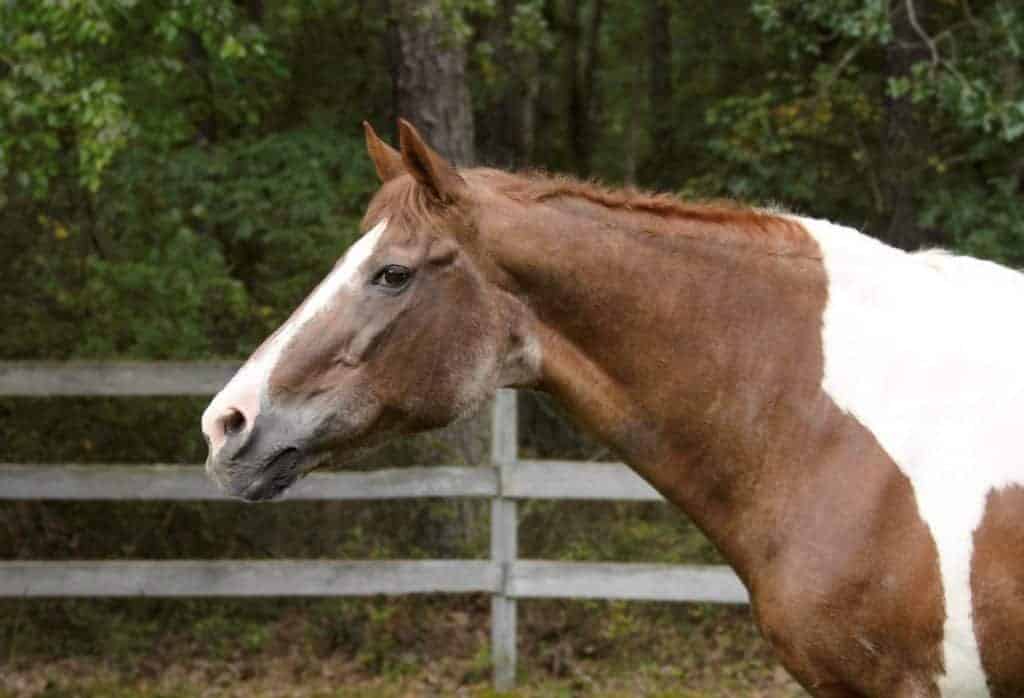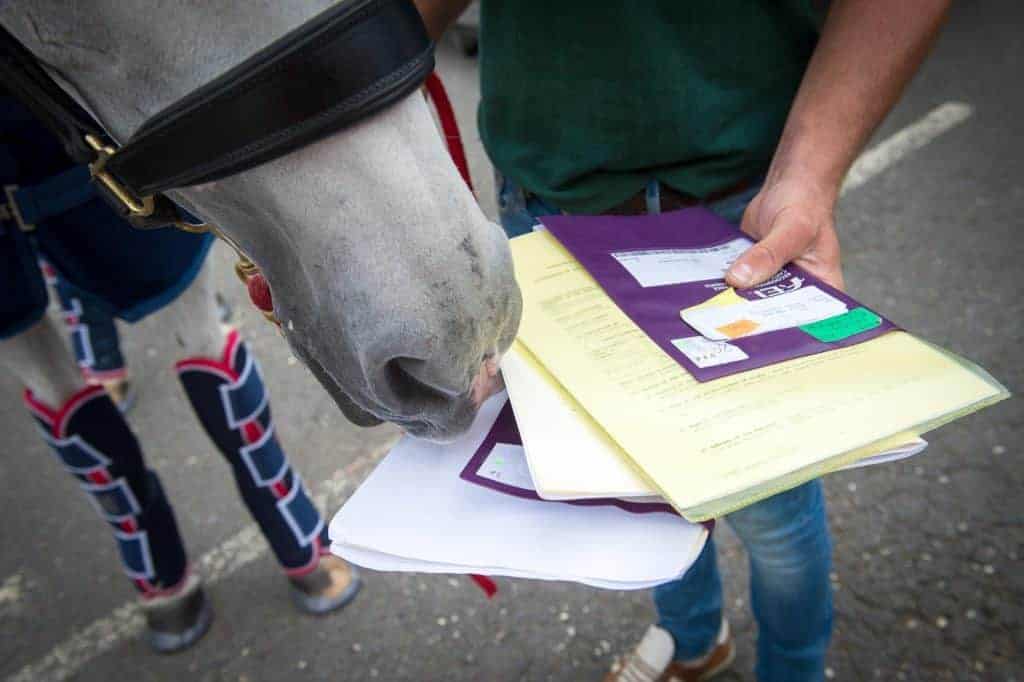KDA Animal Health to Hold Public Meeting to Discuss EIA
The meeting will allow local horse owners to learn more about EIA and the recent cases identified in southwest Kansas.
The meeting will allow local horse owners to learn more about EIA and the recent cases identified in southwest Kansas.

One horse is located in Finney County and the other is located in Kearny County; both premises are under quarantine.

The 14-year-old female mule from Johnston County has been euthanized.

The Finney County property where six horses tested positive for EIA remains under quarantine.

The six EIA-positive horses will be euthanized. The WNV-positive horse has been euthanized.
Confirmed diseases include influenza, EHV, strangles, nocardioform placentitis, piroplasmosis, EIA, and more.

The report includes figures on equid use, vaccination, equid mortality rates, EIA testing, and more.

Horses on two epidemiologically linked premises in Weld County have also tested positive.
The state Department of Agriculture is working with the equine industry and veterinarians to contain the diseases.

The horse has been euthanized and the index facility has been quarantined pending results of further testing.

The OIE has described management “pillars” to keep most diseases at bay for high-health, high-performance horses.

The state veterinarian’s office says horse owners should check with their vets now regarding vaccination schedules.
Confirmed diseases include equine herpesvirus, West Nile virus, African horse sickness, strangles, influenza, and more.

The affected horse, an 8-year-old Quarter Horse gelding used in rodeo and roping events, was euthanized.

A horse in the Lanaudiere region tested positive in January. This is Quebec’s first positive EIA test since 2011.

A facility in northeast Illinois is quarantined after two horses that were stabled there returned positive EIA tests.
Stay on top of the most recent Horse Health news with
"*" indicates required fields